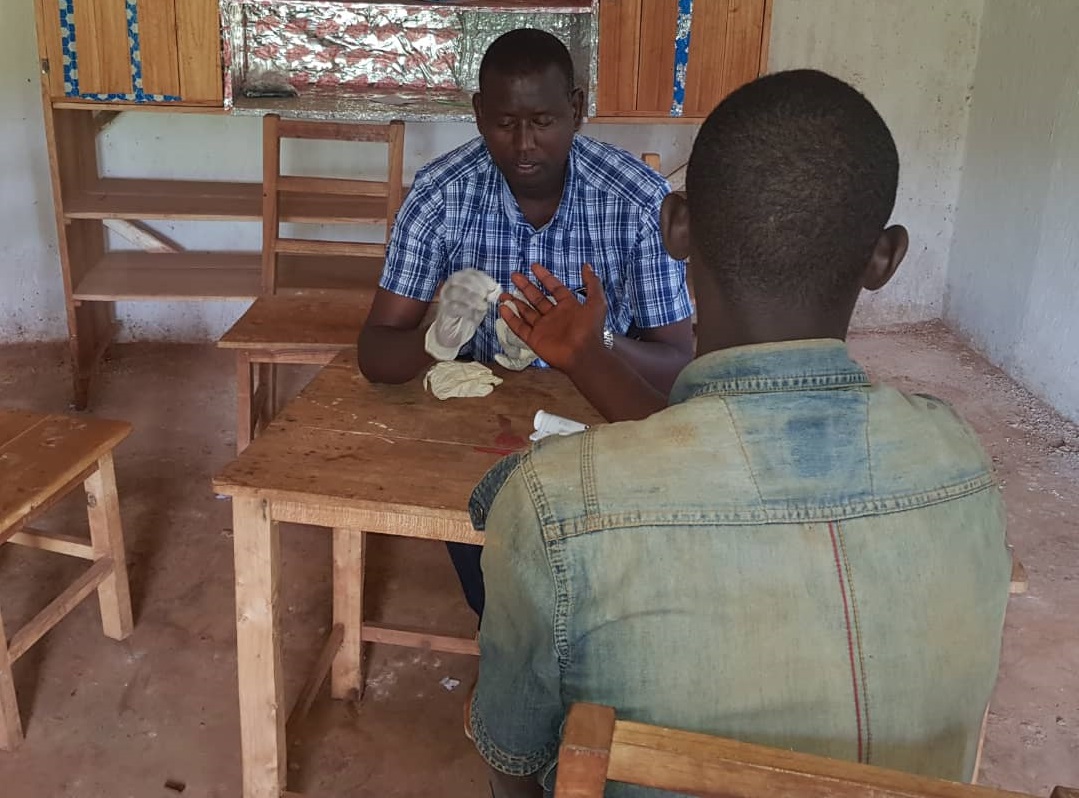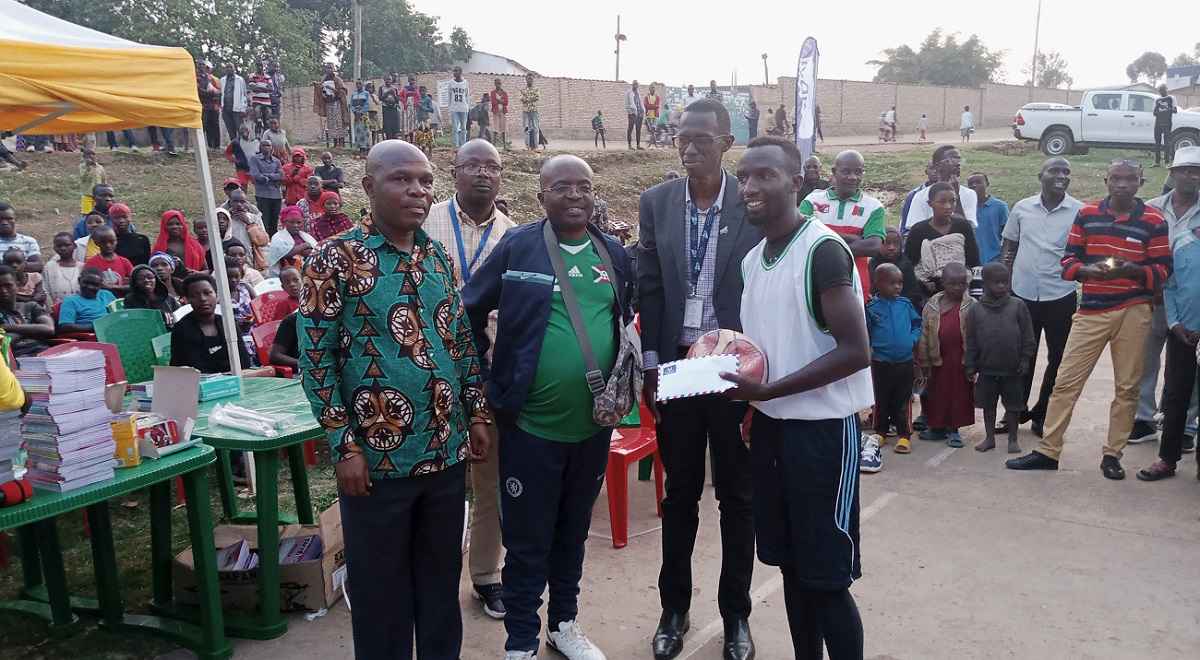
As part of the implementation of the RAFG Activity project executed by FHI 360 with funding from the US Government via PEPFAR/USAID, Service Yezu Mwiza has, since the beginning of FY2020, expanded its HIV care interventions in the provinces of Gitega and Rumonge.
Since October to December 2019, the results of activities in province of Gitega have been satisfactory. During this period, thanks to the index screening strategy, more than 35 HIV positive cases have been detected and put on ARV treatment.
Index testing consists of screening sexual partners or index cases of two categories of individuals: new cases (PLWHA who have not yet completed 6 months of ARV treatment), and PLWHA with a detectable viral load.
Through this approach, the index subject gives permission to a community counselor to contact sexual partners to offer Voluntary Counseling and Testing. The identity of the index case is not revealed; however, the sexual partner is counselled on the importance of testing and adopting healthier sexual practices by inviting him or her to give his or her sexual partners. In this way, community counsellors have been able to screen the sexual partners of index subjects anonymously and have also followed up with HIV-positive individuals to accompany them on their health quests and during the status notification process.
Index testing is not an easy task, as Isaac, community counsellor of Service Yezu Mwiza in Gitega, explains :
"It's an extremely difficult task, to convince an index subject to give their sexual partners, we are often confronted with cases where we are given false contact details, some partners live in places where there are no roads, so we have to walk long distances to get there, there are even those who categorically refuse the test, but that doesn't stop us from continuing because we know that testing a positive case and putting it on ARVs breaks the chain of transmission".
In addition to these screenings, a focus group session was jointly organized by Service Yezu Mwiza and RBP+ for people with detectable viral loads at Mutoyi Hospital.
The aim of that session was to help these PLWHIV understand the benefits of taking ARV treatment correctly and regularly, the harms of excessive alcohol and narcotics, a balanced diet for a PLWHIV, the advantages of doing the viral load analysis and finally the main causes of failure. In addition, the providers did the Patient Therapeutic Education (PTE) and strengthened the adherence of these patients.
After the focus group session, one of the PLWHA shared with us a testimony that inspired other PLWHA to behave responsibly.
"Today I just realized why a viral load is detectable. As for me, there are times when I have a job on construction sites far from Mutoyi hospital, I would go and take my pills with me, and if the work lasts more than a month I run out of drugs. As I can't give up this job, I had to wait for my return to go to the hospital to stock up again, but I didn't know that I was endangering my health. Now I will be able to drop by to pick up my ARV drugs at my usual site before continuing the work on the construction sites as a mason".
SYM: Distribution of school kits to members of associations of people affected by leprosy

SYM: Sensitization on pre and post-exposure to HIV in Kayanza and Ngozi
SYM: Managing co-morbidities among people living with HIV
SYM: Quarterly meeting of community relays
Distribution of work tools to young volunteers and to the pillars of the SRH community solutions project called